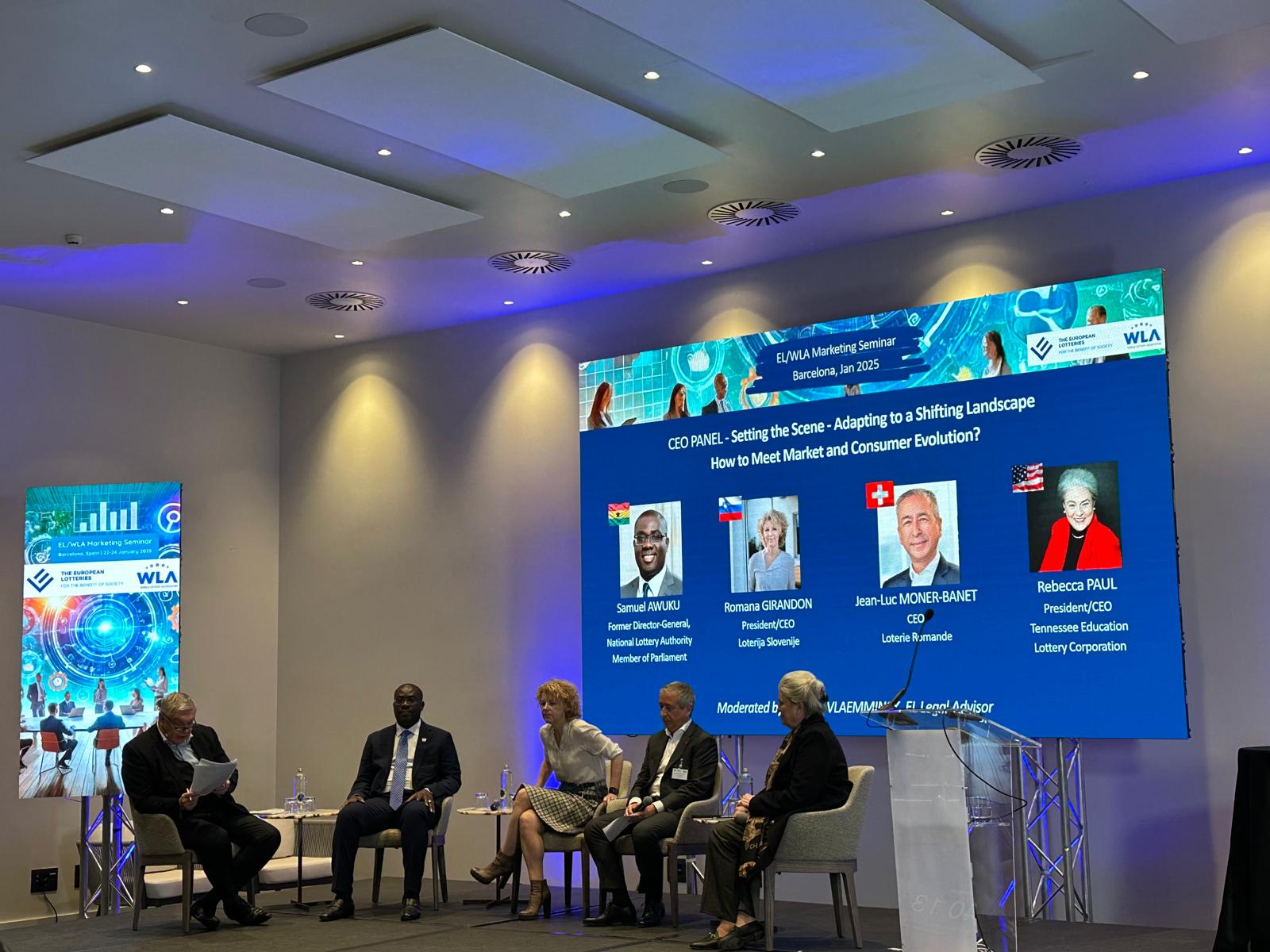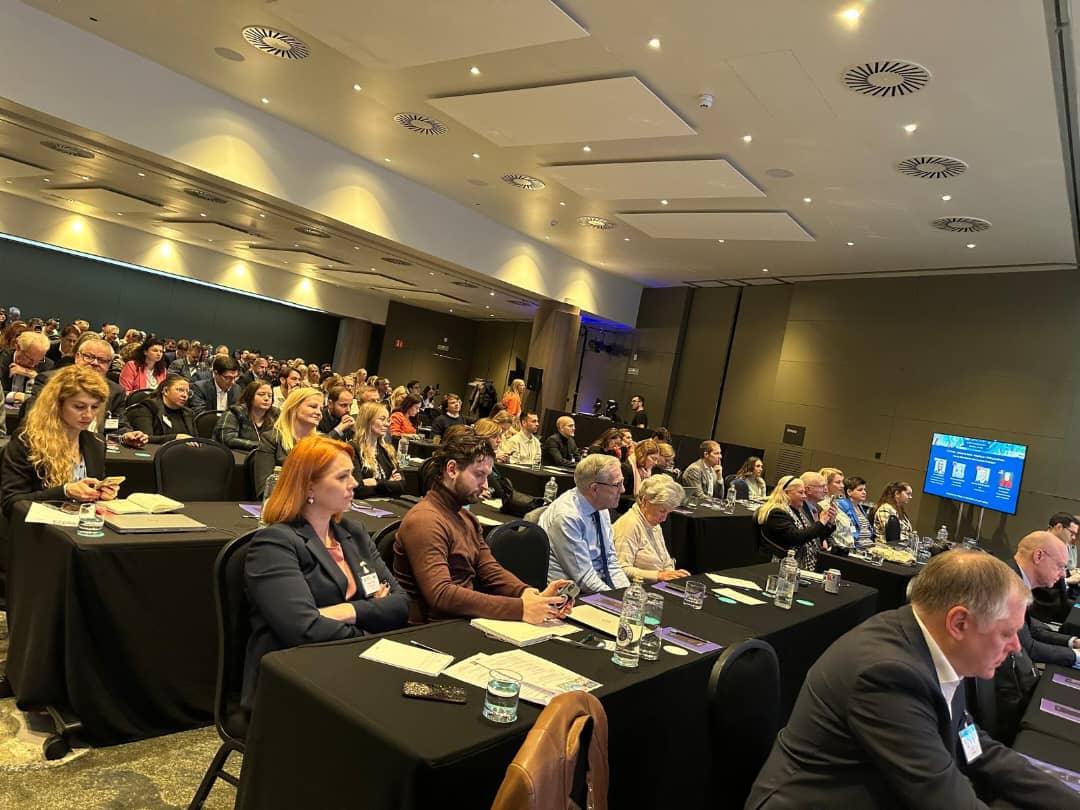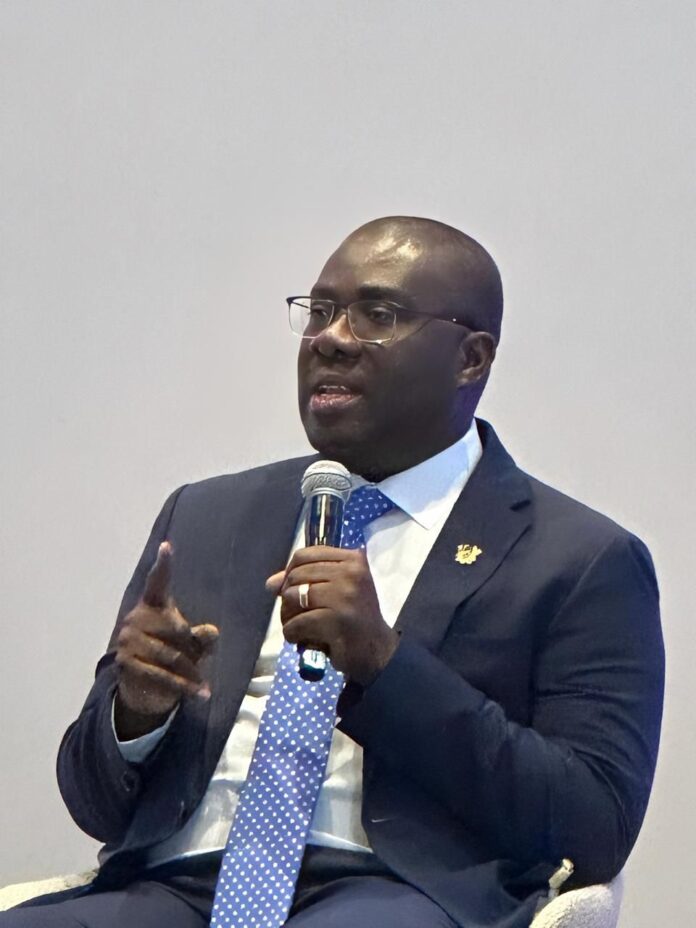The former Director-General of the National Lottery Authority (NLA), Sammi Awuku, has called for the use of proceeds from gaming and lotteries to fund development projects in remote areas.
The Akuapem North Member of Parliament (MP) also emphasized the need for legal reforms to impose restrictions on gaming in order to prevent addiction, which has become a significant challenge in the sector.
Addiction to gaming and lotteries is widely recognized as a growing issue, with severe consequences for both the individuals involved and the state. Awuku made these remarks while attending the WLA/EL Marketing Seminar 2025 in Barcelona, where he highlighted Ghana’s progress in the gaming industry during his tenure and efforts to make the sector more attractive.
The MP, who is also a distinguished member of the World Gaming Authority, was the only African panelist alongside notable figures like Jean Luc Moner-Banet, CEO of Loterie Romande, Rebecca Paul, CEO of the Tennessee Education Lottery Corporation, and Romana Girandon, President of European Lotteries (EL), at the seminar.

During the session, Awuku advocated for channeling lottery proceeds towards specific impactful projects, rather than contributing to the general consolidated fund. He also stressed the importance of implementing stronger laws for addiction management and player protection to ensure a sustainable and ethical approach for all stakeholders.
Awuku further noted that, while he views lotteries as an important part of the national economy when properly managed, their proceeds should primarily benefit remote areas. He explained that if players see their money being used to support local development, even if they don’t win, they will appreciate the purpose of the games.
The seminar, which hosted over 500 attendees from across the globe, focused on balancing sales growth with responsible gaming. It also underscored the importance of global collaboration in addressing shared challenges and driving positive change.

ALSO READ:


